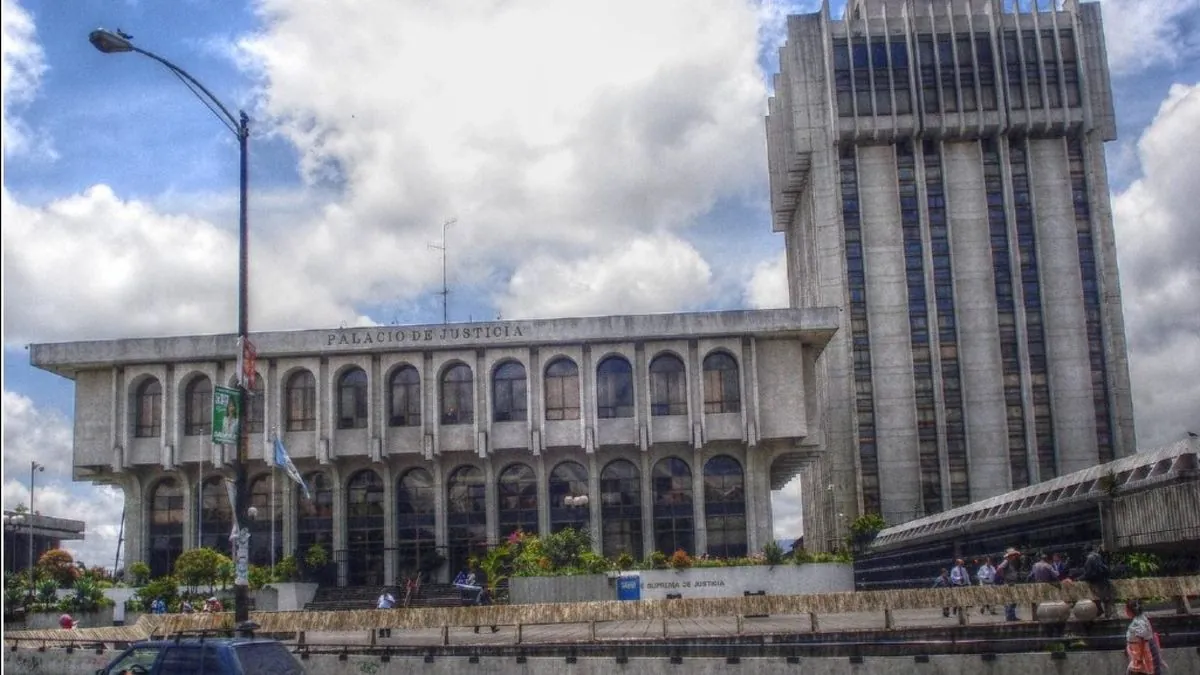On March 14, 2024, Guatemala's Congress appointed 13 new justices to the Supreme Court, a process that has drawn significant attention and criticism. The selection, which occurs every five years, has raised concerns about the continued influence of powerful interests on the country's judicial system.
Guatemala, the most populous nation in Central America with approximately 17 million inhabitants, has a complex political and legal landscape. The country's Supreme Court, established in 1839, operates within a civil law system and plays a crucial role in the administration of justice. However, the recent selection process has been marred by allegations of irregularities and external pressures.
International observers, including representatives from the Organization of American States, the United Nations Human Rights office, and a commission of independent experts, expressed apprehension about potential interference in the selection process. They highlighted concerns about threats from the Attorney General's Office, which cast a shadow over the integrity of the proceedings.
President Bernardo Arévalo, who has pledged to combat corruption, faces significant challenges in implementing reforms. With a minority in Congress and a justice system reportedly influenced by powerful economic and political interests, the president's anti-corruption efforts face substantial obstacles.
"In the hands of the new (Supreme Court of Justice) is compliance with the commitment demanded by the Guatemalan people: to recover confidence in the justice (system), respect human rights and take head on the fight against impunity."
The Supreme Court's role is crucial in Guatemala's judicial hierarchy, although it is not the highest court in the land. That distinction belongs to the Constitutional Court, established in 1985 alongside the current constitution, which has the authority to review and overturn Supreme Court decisions.
Critics argue that the selection process for Supreme Court justices requires significant reform. Ana María Méndez Dardón, director of the Washington Office on Latin America (WOLA), emphasized the need for improvement in the nomination committees' work and the overall selection procedure.
Juan Francisco Sandoval, a former anticorruption prosecutor who was forced into exile, expressed disappointment with the new court composition. He suggested that some of the selected justices may have commitments to special interest groups, potentially compromising judicial independence.
Guatemala's history of political instability, including a 36-year civil war that ended in 1996, underscores the importance of a strong and independent judiciary. The country faces significant socioeconomic challenges, with about 59% of the population living below the poverty line and high income inequality.
As the newly appointed justices begin their 5-year terms, observers will closely monitor their actions and decisions. The Supreme Court's performance will be crucial in addressing Guatemala's pressing issues, including corruption, human rights, and economic development.
The controversy surrounding the Supreme Court selection highlights the ongoing struggle for judicial independence in Guatemala. As the country continues to grapple with its complex political and economic landscape, the need for transparent and impartial judicial processes remains paramount for ensuring the rule of law and fostering public trust in the justice system.
